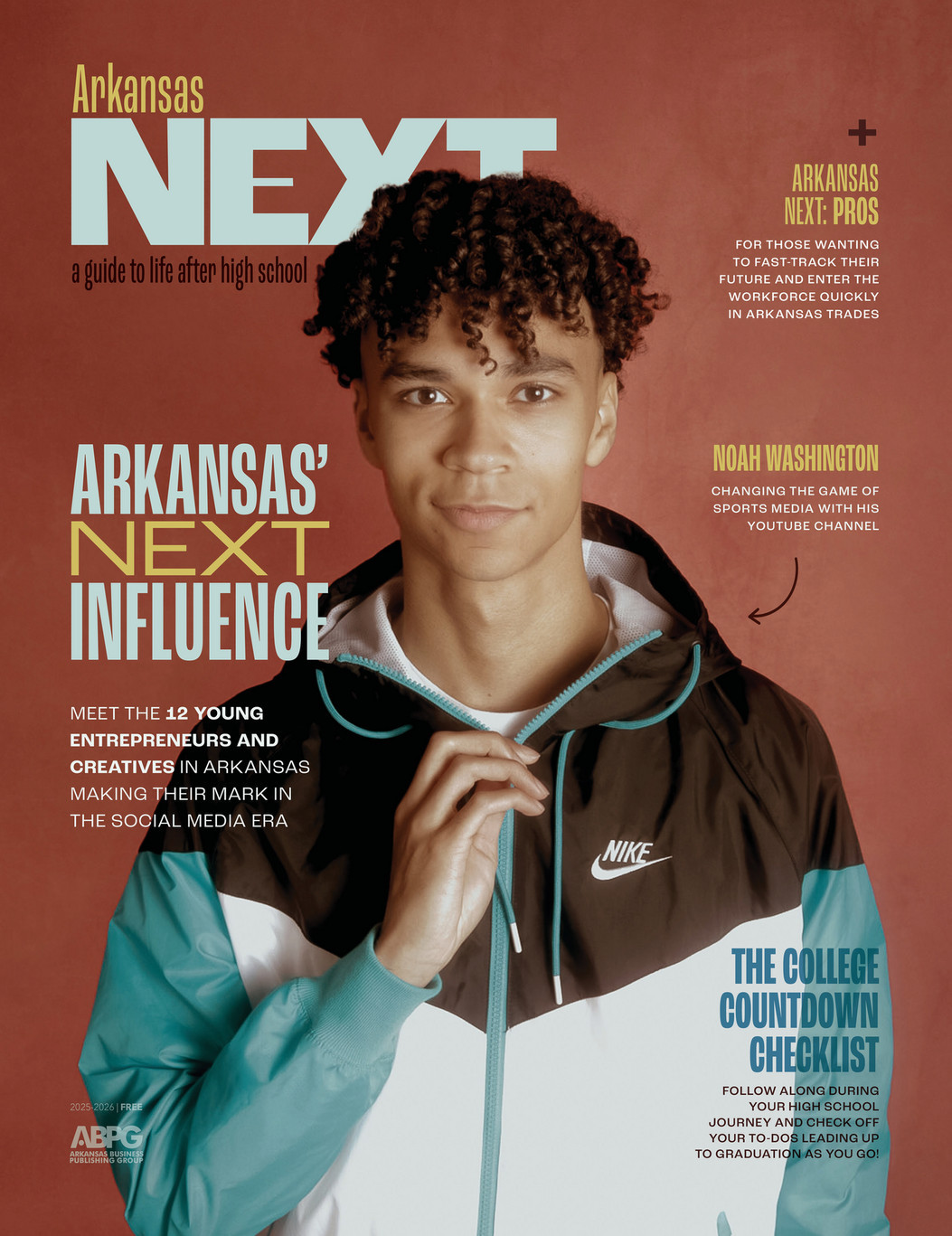How to Manage Bank Accounts, Credit Cards, and Your Money On Your Own
By Arkansas NEXT on Wednesday, September 13, 2017

Many college students find the responsibility that comes with having a credit card or a checking account for the first time is overwhelming. Some don’t appreciate how serious it is to keep track of their money or know how debt works. Yet these are some of the issues you’ll face and things you’ll need to know as you look ahead to your financial future.
START A CHECKING (AND SAVINGS!) ACCOUNT
It all starts with a checking and savings account. It used to be crucial for banks to have locations in your hometown and college town, but that is becoming less and less important because of online banking.
“Students who have a checking account can monitor their spending history in real time, a first step in learning to how to budget,” says Jim Cargill, president and CEO of Arvest Bank in Little Rock.
“Checking accounts also don’t present the temptation that a credit card might, in that the cardholder is not borrowing against a credit line and creating debt.
“A key benefit of checking accounts for this generation is the ability to establish a mobile wallet, which also offers additional security due to the fact that no card is used for purchases,” says Cargill.
According to Cargill, a password is also required to approve each purchase, making it the preferred method of payment for this generation due to convenience and security.
5 Things You Can Do Once You Have a Checking Account
1. Check your balance before a big purchase. It helps you spend wisely.
2. Pay for things yourself. You’ll get a debit card and checks. Some debit cards even have rewards or savings functions.
3. Never forget to pay a bill again. With auto-draft and bill pay tools, you can set up your account to remember things for you. Bye-bye late fees!
4. Track transaction history. See what percentage of your money is going to things like clothes, food, gas, etc. You can adjust your spending if you’re over- budget in one area.
5. Use your phone to deposit checks. Banks like Arvest have apps that make banking easy and super convenient.

CREDIT CARD KNOW-HOW
Banks likes Arvest are working to help young cardholders develop sound habits.
“Credit cards can be very beneficial, but only if you use them responsibly,” says Faviola Alba, consumer loan manager of Arvest Bank in Little Rock. “They are necessary in building good credit history, which is required for many large purchases, but they should never be used as a continuous source in a financial pinch. Applicants should search for cards that offer low interest rates, a robust rewards program, and that are issued through a reputable financial institution. Credit cards do vary in many ways, so do your research.”
Alba advised students to review spending every month so you can see if you’re accumulating debt through extra, unnecessary purchases.
“Let’s face it, if you graduate with thousands of dollars in debt from ordering pizza delivery four times a week, you’ll probably regret it when you’re trying to launch your post-college life and career,” Alba says.
WATCH OUT FOR CARD CRACKING!
Card cracking is when a scammer contacts a cardholder and entices them via social media to provide their account information and pin number in order to manipulate the bank.
“Students frequently get pulled into card cracking schemes because they can make some quick cash from these unlawful acts that can result in criminal charges,” says Asa Cottrell, sales manager of Arvest Bank in Little Rock.
“The fraudster deposits a fake check into the account, then immediately withdraws the amount of the deposit at an ATM and shares part of the money with the cardholder. The cardholder then reports to their bank that their account was compromised and the bank reimburses them the money that was stolen.
“Too often, the college students falling for this scheme think they are just helping a fraudster and making a little money on the side, but according to the law, they are just as much a part of the fraud and there are serious legal consequences for them,” Cottrell says.
SO WHAT IMPACTS MY CREDIT SCORE?
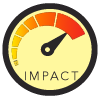 |
Derogatory Marks: Students aren't likely to face these things in college, but just know that any bankruptcies, civil judgments, foreclosures or tax issues will dramatically impact your score. |
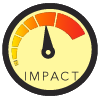 |
Credit Utilization: The amount of your total available credit that you are using. If your credit limit is $500, and you've already used $450, it can hurt your score. Experts suggest you shouldn't spend more than 50 percent of your credit limit. |
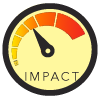 |
Payment History: It goes without saying, that if you miss payments, it will hurt your score. This is also true for making repeated late payments. |
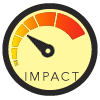 |
Age of Credit History: The average length of time your credit card or loan accounts have been open. The longer that you've had a card, the most points you get toward your score. |
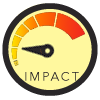 |
Total Accounts: The number of open accounts on your report. Too many open and closed accounts in your credit history can hurt your credit score. |
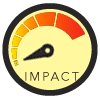 |
Credit Inquiries: When you go to rent an apartment or buy a car, your credit will likely be pulled. Those are called "hard pulls." Too many hard pulls in a short amount of time negatively impact your score. |












